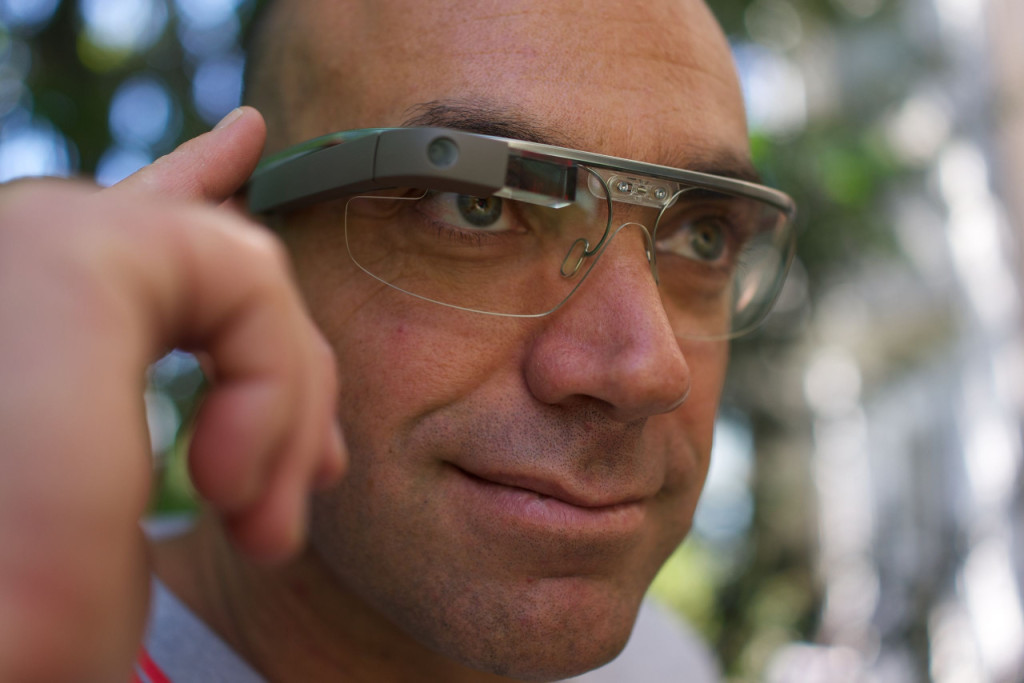Google Glass didn’t fail
You may have heard the recent news that Google Glass is dead. In fact, depending upon which source you consulted, you may have heard that Glass suffered a fate worse than death: failure. This might be worth diving into if it weren’t for one minor detail: Glass didn’t fail.
Google has never approached product development and deployment like any other tech company. It’s always been keen to develop prototypes and push them into market to see if they’ve got legs, to get broad-based real-world user testing, and to develop the prototype further based on what they find out.
Contrast this with Apple, which doesn’t release a sneeze that doesn’t feature beveled corners and an air of perfection and completion (although that hasn’t stopped them from screwing up in high style on occasion). Consumers are accustomed to the “Don’t ship until it’s perfect” ethos of companies like Apple, which is a lot easier to conceptualize than Google’s version of “Throw the spaghetti at the wall and see what sticks.”
However, throwing spaghetti is pretty core to Google’s corporate philosophy. It’s one reason why so many of Google’s products are launched as betas: they may appear mature and behave like a ready-for-prime-time product, but are actually just very thoroughly executed beta tests. Google might be accused of using the term “beta” too liberally for what the phrase usually describes, but underneath their lust for the term is an essential truth: Google launches products as tests. Some of them die (we hardly knew you, Wave) and some of them succeed wildly (Think Gmail and AdSense). Glass evidently fell into the former category.
That’s ok, unless you’re one of the folks who shelled out $1,500 for an advance copy; that part of the beta might not have been so well thought-out. In spite of that, the idea of trying something, of putting a product out there (in this case an actual physical product, as opposed to software – a departure for Google) is solid. It’s a sound business concept that allows companies such as Google to iterate and test ideas in the real world without putting tons of risk into product lines that may gain no traction.
Consider what would have happened if Google had taken a traditional approach to Glass. It would have spent years performing product research and testing, committed billions and billions of dollars to product development and more to marketing and launch, only to find out it didn’t have a viable product. Those kinds of risks typically kill smaller companies, but even big ones such as Google can’t afford too many of them, which is why they perform betas: they limit risk and allow the kind of iterative development using real-world data that’s required to make a new product really succeed.
Hindsight is 20/20; Google could have handled a bunch of aspects of Glass better, but when it comes down to it, Glass didn’t fail for one very specific reason: beta tests can’t fail.
Photo: http://commons.m.wikimedia.org/wiki/File:A_Google_Glass_wearer.jpg






